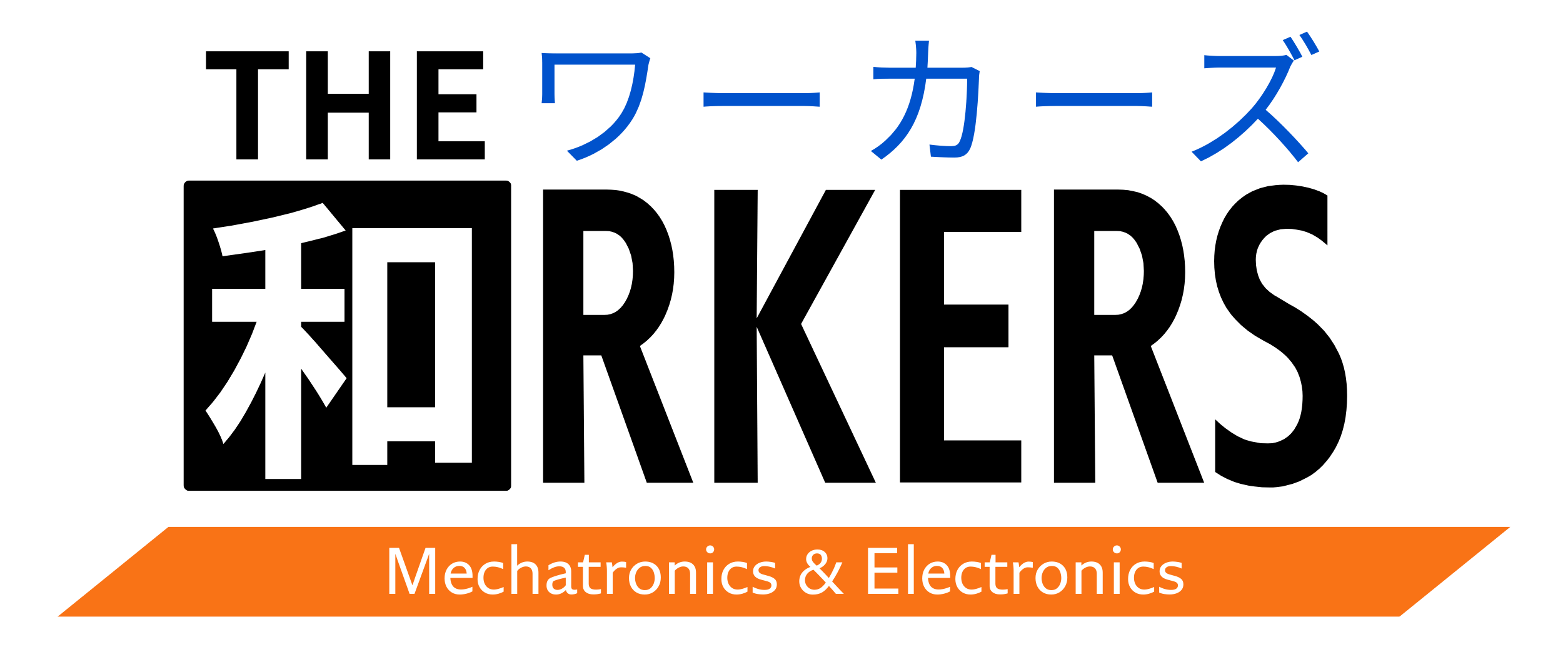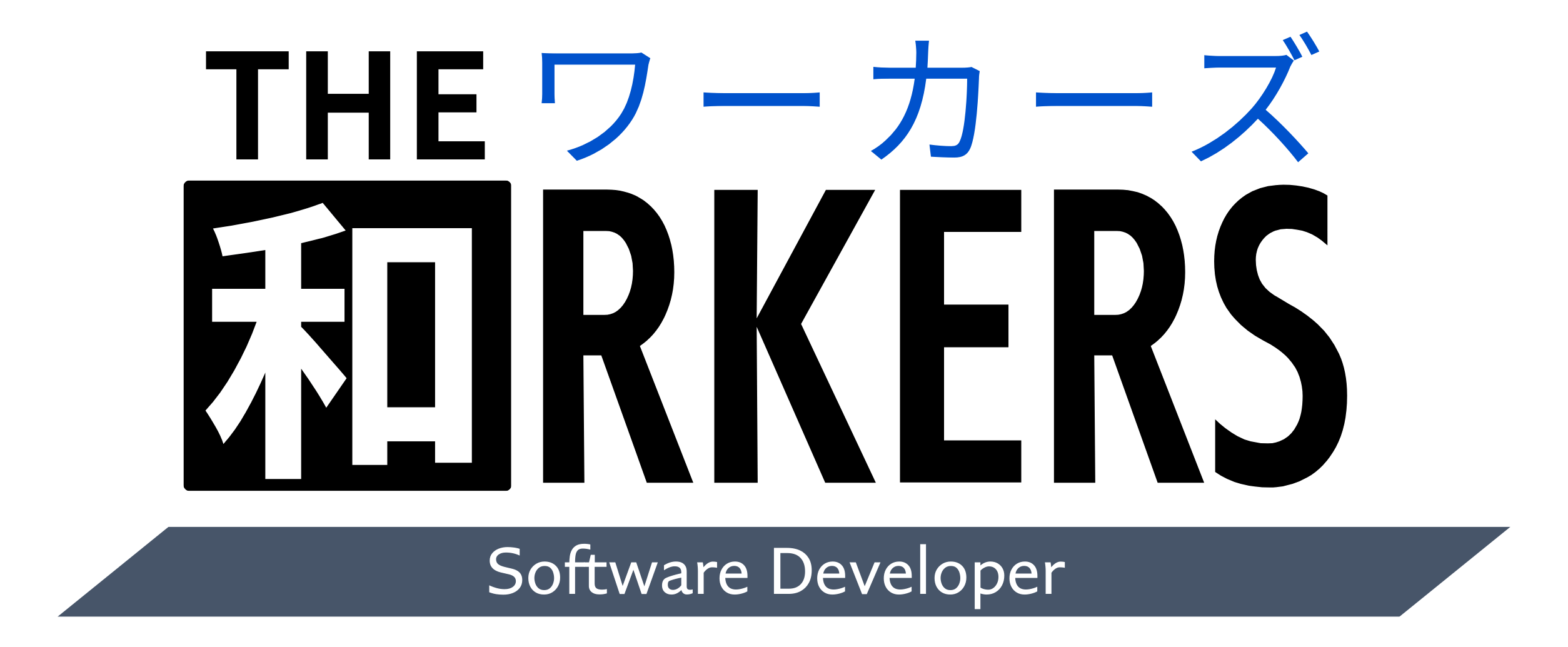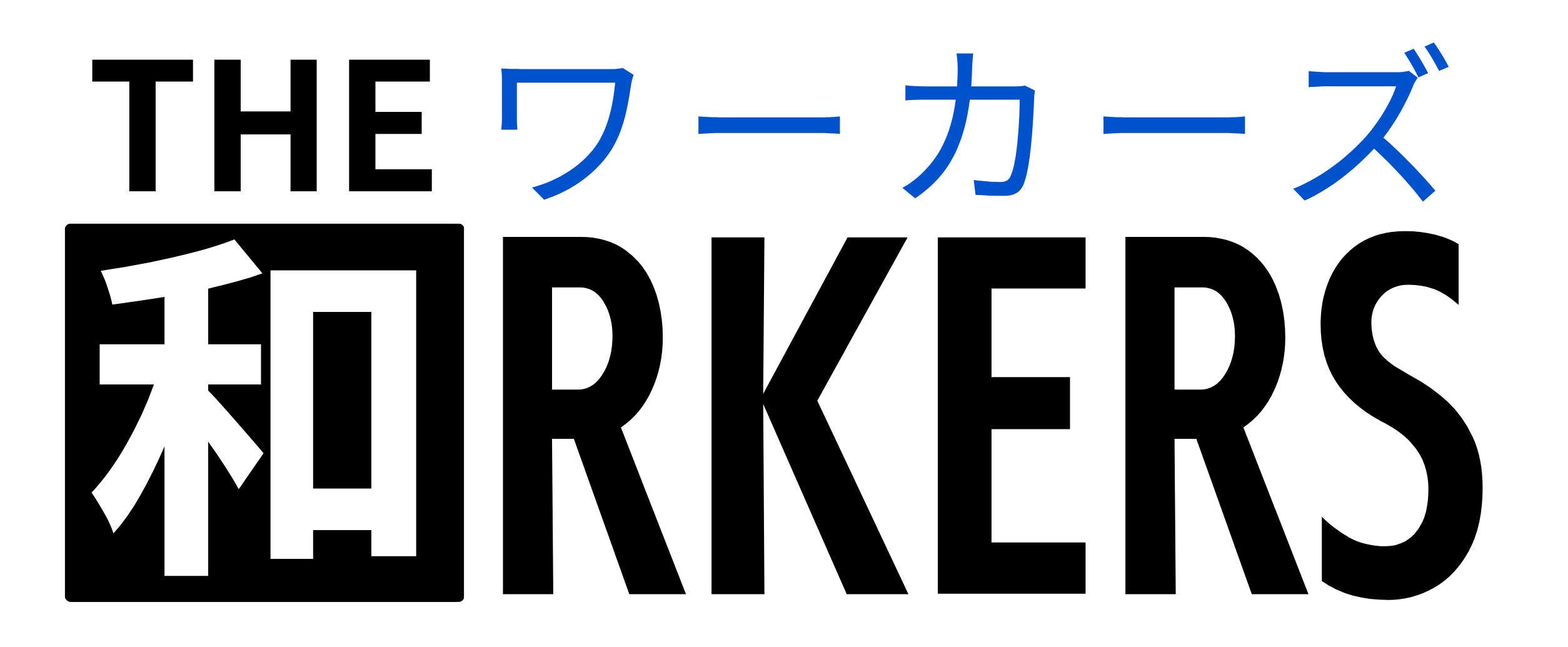Building a Career in Japan: A Taiwanese Game Engineer’s Honest Story
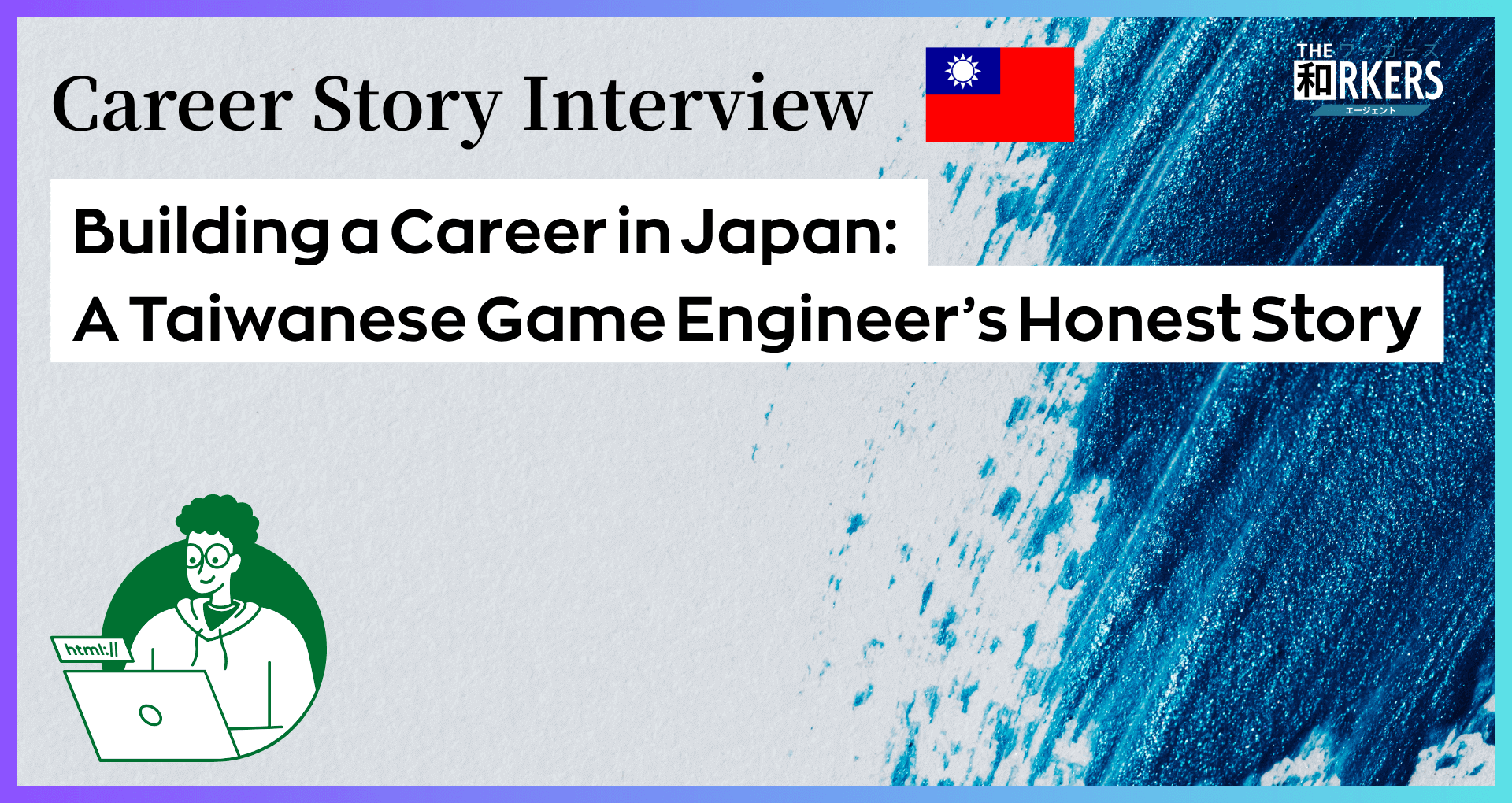
A candid interview with a Taiwanese game engineer about his path from loving anime in high school to studying abroad in Japan, facing cultural challenges at work, changing jobs for better opportunities, and sharing practical advice for other foreigners hoping to build their careers in Japan.
Admiration for Japan: From Study Abroad to Starting a Career
— Could you please start by briefly introducing yourself?
I’m from Taiwan.
Back in high school, I fell in love with Japanese culture thanks to anime and music. That’s when I first dreamed of studying in Japan someday. I eventually made that dream come true by doing an exchange program at a Japanese university while I was in college. That experience was incredibly fun, and it made me want even more strongly to work in Japan one day.
But when I actually started job hunting in Japan, I had no idea what to do. In interviews, when they asked me what I wanted to do, I couldn’t answer well and ended up failing. So at that point, I decided to return to Taiwan.
In Taiwan, I got the opportunity to work at a company started by one of my father’s friends. Even after completing my military service, I continued working there while also looking for jobs in Japan again.
Around 2020, I finally found a company in Japan that would hire me, and that’s how I got my start working here.
— What anime did you really like back then?
I was a huge fan of One Piece.
While looking into it, I also discovered the Japanese music group AAA, who performed a One Piece theme song at the time, and I got really hooked on them too.
— When did you start studying Japanese?
I first chose Japanese as my second foreign language class in my first year of high school—that’s what got me started.
After that, I kept studying on my own.
— What did you major in at your university in Taiwan?
I majored in computer engineering. Most of the courses were focused on basic theories.
I’d actually been interested in IT since I was in junior high.
— When did you do your exchange in Japan?
I studied abroad at a university in Kansai during my senior year.
I was enrolled in their international studies program, so I took Japanese language classes while also taking classes in my field.
Before going, I had already passed the JLPT N2, but once I was living in Japan, I found conversation really tough. Reading and writing were relatively fine, but I studied harder while there and managed to get N1 as well.
— You mentioned you went back to Taiwan to work for a while. What kind of company was that?
It was a company that provided solutions using sensors to detect abnormalities in machinery before they failed.
Basically, they specialized in predictive maintenance systems.
— And you went into military service right after that, correct?
Yes, I served in the military for 4 months. After that, I returned to the same company run by my father’s friend.
While working there, I was also job hunting for positions in Japan.
It was around that time that I found a Japanese game company and was able to apply.
Starting a Career in Japan and Cultural Challenges
— How did you find the company in Japan?
I used a career forum.
At the time, everything was affected by COVID, so the entire hiring process was online.
Even the information sessions and interviews were all done remotely.
— What kind of work did you do at your very first company in Japan?
I did all sorts of things, really.
I worked on UI implementation, button placement, screen transitions for iPhone—basically all kinds of parts inside the game.
The whole team was about 30 to 40 people. There were around 10 engineers and about 10 people in art as well.
— What was hard or challenging about working in Japan for the first time?
Honorific language was definitely tough at first.
Also, there’s this unique sense of “distance” in Japanese culture.
When I was working in Taiwan, we would often go out for meals together, and people talked pretty casually regardless of age or position.
It’s not like anyone was being deliberately informal—it just felt naturally friendly.
But in Japan, there’s this culture of using keigo (polite language), which can make people keep their distance a bit more.
That was something I struggled with at first.
— Were there things that didn’t go well?
I don’t think there were any major problems.
But since I didn’t have much experience back then, I did worry about a lot of things in the beginning.
At the company in Taiwan, I was the only engineer, so I was never really sure if what I was doing was correct.
But at my previous job in Japan, there were senior engineers who taught me the proper way to write code and how to approach development.
Also, Japanese companies often have organizational hierarchies or even factions, so you have to be mindful of how you communicate.
In small teams, everyone knows each other well and it’s easy to understand one another, but as the organization grows, it gets harder to see the full picture. That was another challenge.
Motivation for Changing Jobs and Current Role
— Are you still working as an engineer at that first game company?
Actually, I switched jobs last year. I joined the Japan office of an American company.
— I see. How did you find that opportunity?
I got scouted on LinkedIn.
At the time I was already thinking about changing jobs, so I decided to have a conversation with them and move forward.
— Did your salary increase when you changed jobs?
It went up quite a bit.
The company overall is around a few dozen to about a hundred people, but when I joined the Japan office, I was roughly the third employee there.
— Are there many foreigners at your current company?
Most of the engineers are foreigners. On the other hand, the art team is mainly Japanese.
— Is it okay if you don’t speak Japanese?
As long as you can speak English, it’s fine.
We communicate with engineers in the US, so there’s no problem even if you don’t speak Japanese.
If you have experience with Unity and you’re a strong game engineer, that’s what really matters.
— Why did you decide to leave your first company and look for a new job?
The biggest reason was that my salary didn’t really increase.
I was also frustrated that I couldn’t work on the kinds of games I wanted to make.
What I really wanted was to make PC games—games where you use a cursor and such. But we kept making the same kind of mobile games over and over. It started feeling less and less fun.
Even though I worked hard on all sorts of things, my pay didn’t really change.
After about three years, I was feeling that frustration, and that’s when I got scouted on LinkedIn by my current company. That’s what really kicked off my serious job search.
— Did you also get introduced to companies through recruiters at that time?
Yeah, I used them quite a bit.
Searching on my own took a lot of time, so I generally relied on recruiters.
Occasionally I’d get scouted directly by companies too, but when I actually applied I’d get rejected at the document screening stage.
I remember thinking, “You’re the one who scouted me!” (laughs).
— When you did your job search in Japan, what did you find difficult about it?
I thought I was “pretty good at writing code,” but since I’d been doing the same kind of work for a while, my skills were really deep only in that one area—I lacked breadth.
Also, there was the language issue.
I once got feedback in an interview saying, “Your Japanese isn’t very strong.”
I’m not good at talking, so I wasn’t able to really convey my strengths well in interviews. That’s something I look back on and regret.
— Can you tell us about the work you’re doing now?
I’m still doing game development.
What’s different from my previous company is that I have a much broader scope now.
I’m trusted with what you’d call the “core parts,” and every week I’m tackling different tasks.
In game development, there’s often this division between “in-game” and “out-game” elements. Now, I’m working on more fundamental parts like in-game logic and battle systems.
Compared to my last job, the range of things I get to do has really expanded, and I truly feel like I’m making a game.
— What challenges do you feel you’re facing in your current role?
Because my responsibilities at my last company were more limited, I find that things I’m doing for the first time now take me longer.
I feel I need to be more proactive about gathering information, improving my skills, maybe getting certifications, and asking my manager questions right away when I’m stuck.
I’m also the most junior person on my current team, and there are a lot of people who are really fluent in English, so there’s a lot I can learn from them too.
Future Goals and Advice for Those Aiming to Work in Japan
— What are your future goals or plans for your career in Japan?
If I’m talking about a dream for the future, I’d love to start my own studio someday if I have the money.
That’s why right now I really want to focus on improving my skills.
There are still plenty of areas where I don’t have much experience, so even now I often rely on senior engineers.
But in the future, I want to really build my career as a solid game engineer.
— By the way, what’s your current visa status?
I have the Highly Skilled Professional visa.
Of course, one reason is that it makes it easier to get permanent residency, but honestly my biggest motivation was to be able to get a cheaper mortgage.
— Lastly, there are many foreign nationals who want to build their careers in Japan. Do you have any advice or messages for them?
Let’s see… I’d say definitely try to improve your Japanese as much as you can before coming.
I’d recommend at least N2, but ideally N1.
Even though I had N2 before coming, conversation was still really tough.
If you don’t have many chances to practice speaking, it’s hard to improve. I also felt that it was harder to make friends without good Japanese.
Japanese people generally don’t want to speak English much! (laughs)
That’s exactly why I think if you study Japanese seriously before you come, both your work and daily life will go much more smoothly.
\Software Engineers, IT Consultants, Data Scientists…/
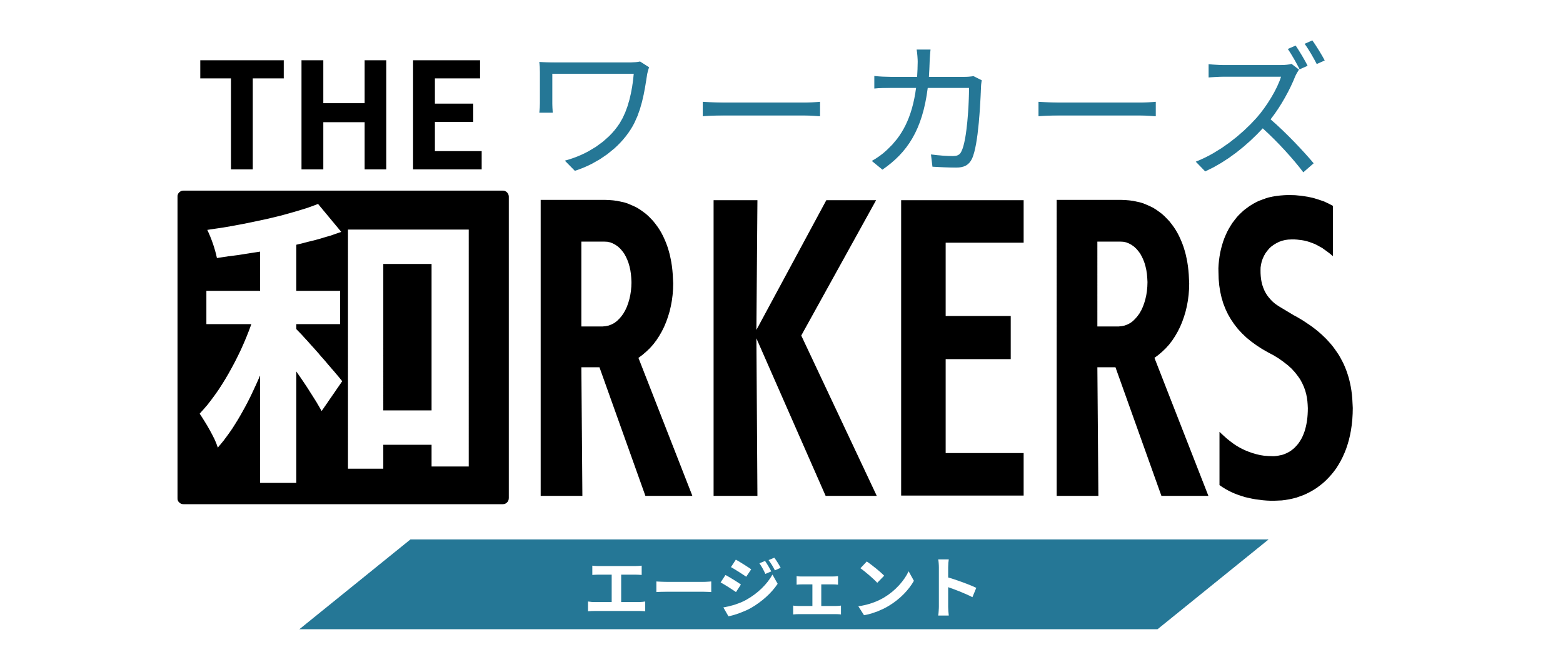
Non-Japanese and aiming for a top-tier job in Japan?
Get in touch with THE 和RKERS Agent today.



Software Engineers,
IT Consultants,
Data Scientists…

Non-Japanese and aiming for a top-tier job in Japan?
Get in touch with THE 和RKERS Agent today.
